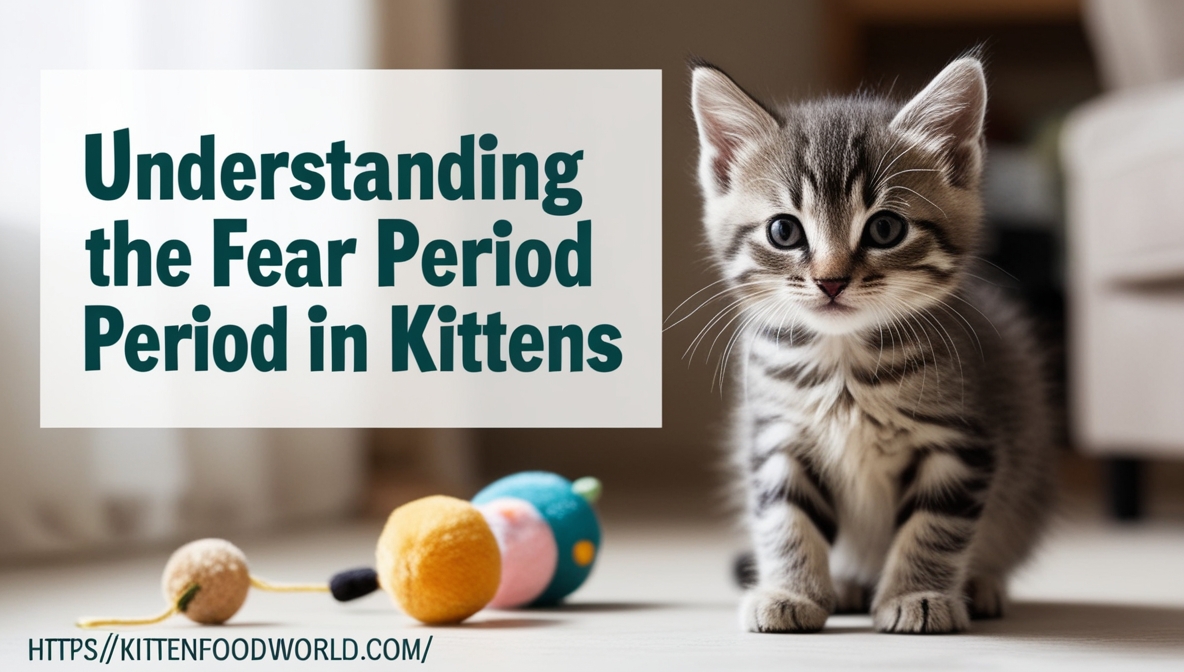Kittens are enchanting little creatures, but they go through various developmental stages that can pose challenges for both them and their owners. One of the most critical phases is the fear period in kitten, a time when kittens become particularly sensitive to their environment. Understanding this period is essential for fostering a confident and well-adjusted adult cat.
What is the Fear Period?
The fear period typically occurs between 2 and 9 weeks of age. During this stage, kittens begin to recognize their surroundings and can develop fears of new experiences, people, or sounds. This natural instinct helps them learn to identify potential dangers in their environment.
Signs of Fear
Kittens may show signs of fear in several ways, including:
- Hiding: A frightened kitten often seeks comfort in small, enclosed spaces or under furniture.
- Vocalizations: Hissing, growling, or even yowling can indicate distress or fear.
- Body Language: Look for signs like crouching, a tucked tail, or raised fur, all of which signal anxiety.
- Withdrawal: Some kittens may become less social, preferring to avoid interaction with humans or other pets.
Duration of the Fear Period
The fear period can last several weeks, with the most intense reactions generally occurring between 3 and 7 weeks of age. Individual experiences can vary based on factors such as genetics, temperament, and early socialization.
Helping Your Kitten Navigate the Fear Period
- Socialization: Gradually expose your kitten to new people, pets, and experiences. Positive interactions can help build their confidence.
- Safe Spaces: Create cozy hideaways where your kitten can retreat when feeling scared. This allows them to feel secure.
- Positive Reinforcement: Use treats and praise to reward your kitten for exploring new situations. This encourages them to associate unfamiliar experiences with positive outcomes.
- Gentle Approach: Allow your kitten to approach new situations at their own pace. Forcing them into uncomfortable scenarios can heighten their fears.
- Establish a Routine: A consistent daily schedule helps provide stability and predictability, making your kitten feel more secure.
- Be Patient: Remember that this fear phase is temporary. Your understanding and patience will help your kitten learn to cope with their fears.
Conclusion
The fear period is a vital part of a kitten's development that requires careful attention and support from their owners. By recognizing the signs of fear and providing a nurturing environment, you can help your kitten navigate this challenging time. With proper socialization and encouragement, your kitten can grow into a confident and well-adjusted adult cat, ready to engage with the world around them. Visit Kitten Food World.
